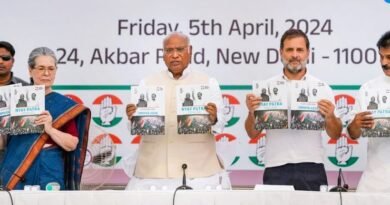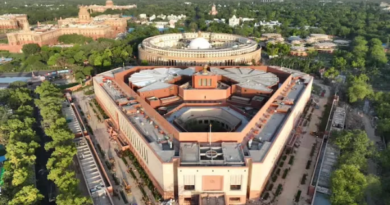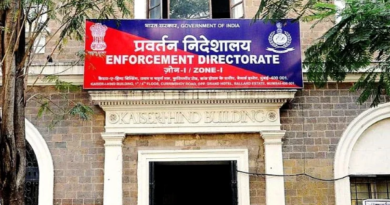Fraud Political Funding And Electoral Bond
Electoral Political Bonds – Political Funding
One important source of political fundraising has been electoral bonds, which let contributors to make anonymous contributions using SBI-purchased certificates.
The program was unveiled by then-finance minister Arun Jaitley in The Finance Bill, 2017 during the Union Budget 2017–18.
Additionally, Mr. Jaitley suggested changing the Reserve Bank of India (RBI) Act to make it easier for banks to issue electoral bonds for use in financing political campaigns.
The Election Commission will verify the bank account where the funds from electoral bonds will be deposited. That account is the only way to conduct any electoral bond transactions.
When was electoral bond introduced?
The Finance Bill of 2017 included the introduction of the electoral bonds. The Electoral Bond Scheme 2018 was announced by the Narendra Modi-led NDA government on January 29, 2018.
Controversy
At ₹6,060.5 crores in electoral bonds cashed, the Bharatiya Janata Party headed the list of political parties, accounting for more than 47.5% of all bonds cashed by parties.
The Congress received ₹1,421.9 crores (11.1%) and the All India Trinamool Congress received ₹1,609.50 crores (12.6%), making them the second and third highest beneficiaries during the specified period, respectively.
During the specified time, almost ₹500 crores worth of electoral bonds were encashed by the Bharat Rashtra Samithi (9.5%), Biju Janata Dal (6.1%), and Dravida Munnetra Kazhagam (5%). These parties are also noteworthy.
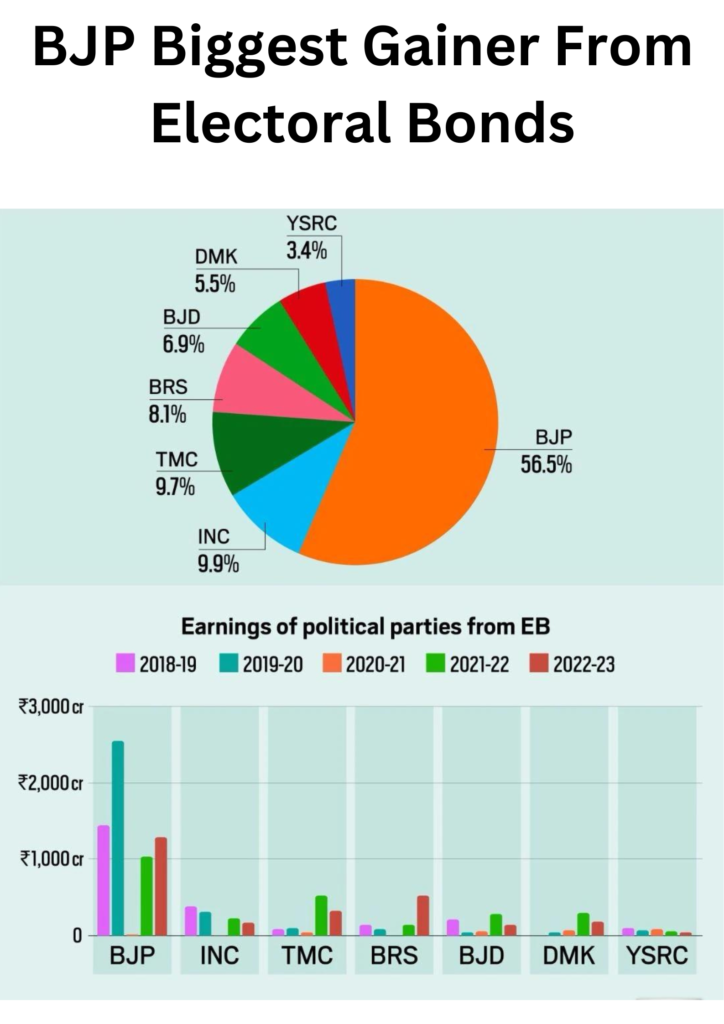
Biggest Donor
The list of bond purchasers includes some of India’s leading blue-chip corporations, including bonds for Rs. 35 crore purchased in the name of Indian businessman Lakshmi Niwas Mittal, the executive chairman of global steel producer ArcelorMittal, who is located in the United Kingdom. In addition to Lakshmi Niwas Mittal, other donors using electoral bonds were Kiran Mazumdar Shaw, Varun Gupta, B.K. Goenka, Jainendra Shah, and an anonymous individual going by Monika.
Based on the information provided, Future Gaming and Hotel Services PR, headed by well-known individual Santiago Martin, was the biggest contributor to political parties between April 12, 2019, and January 24, 2024. During this period, the firm made a total contribution of ₹1,368 crores through electoral bonds. It’s important to remember that in March 2022, the Enforcement Directorate took ₹411 crores from the company’s bank accounts and then used the Prevention of Money Laundering Act, 2002, to file charges against it.
The Supreme Court alerts SBI
It has requested that political parties provide the Election Commission with information about the contributions they received through electoral bonds. On the other hand, pending additional orders from the highest court, the poll panel has been directed to maintain all the information under a sealed cover.
The Election Commission of India released data on electoral bonds that it had obtained from State Bank of India on March 15.
A five-judge panel of the Indian Supreme Court, led by Chief Justice DY Chandrachud, unanimously declared the electoral bonds program and changes to the Companies Act, Income Tax Act, and the Representation of People Act to be illegal on February 15, 2024.Article 19(1)(a) of the Constitution guarantees voters’ access to information regarding political funding, and they deemed it to be “violative of RTI (Right to Information)”.Furthermore, they noted that it “would lead to quid pro quo arrangements” between businesses and government officials.
While electoral bonds have been lauded for their potential to bring transparency to political funding, there are still areas that need improvement. Critics argue that the anonymity provided by electoral bonds can be misused, allowing for undisclosed or illegal contributions. It is essential to strike a balance between donor privacy and the need for comprehensive disclosure.
Electoral bonds have the potential to revolutionize the way political funding is conducted, promoting transparency and accountability. By ensuring that both donors and political parties benefit from this system, electoral bonds can contribute to a healthier and more democratic political landscape.
In conclusion, electoral bonds provide a transparent and efficient mechanism for political funding. They protect the privacy of donors while promoting accountability and legitimacy for political parties. As the system evolves, it is crucial to address any loopholes and ensure that electoral bonds continue to serve their intended purpose of fostering transparency in the political sphere.
SBI Electoral Bond
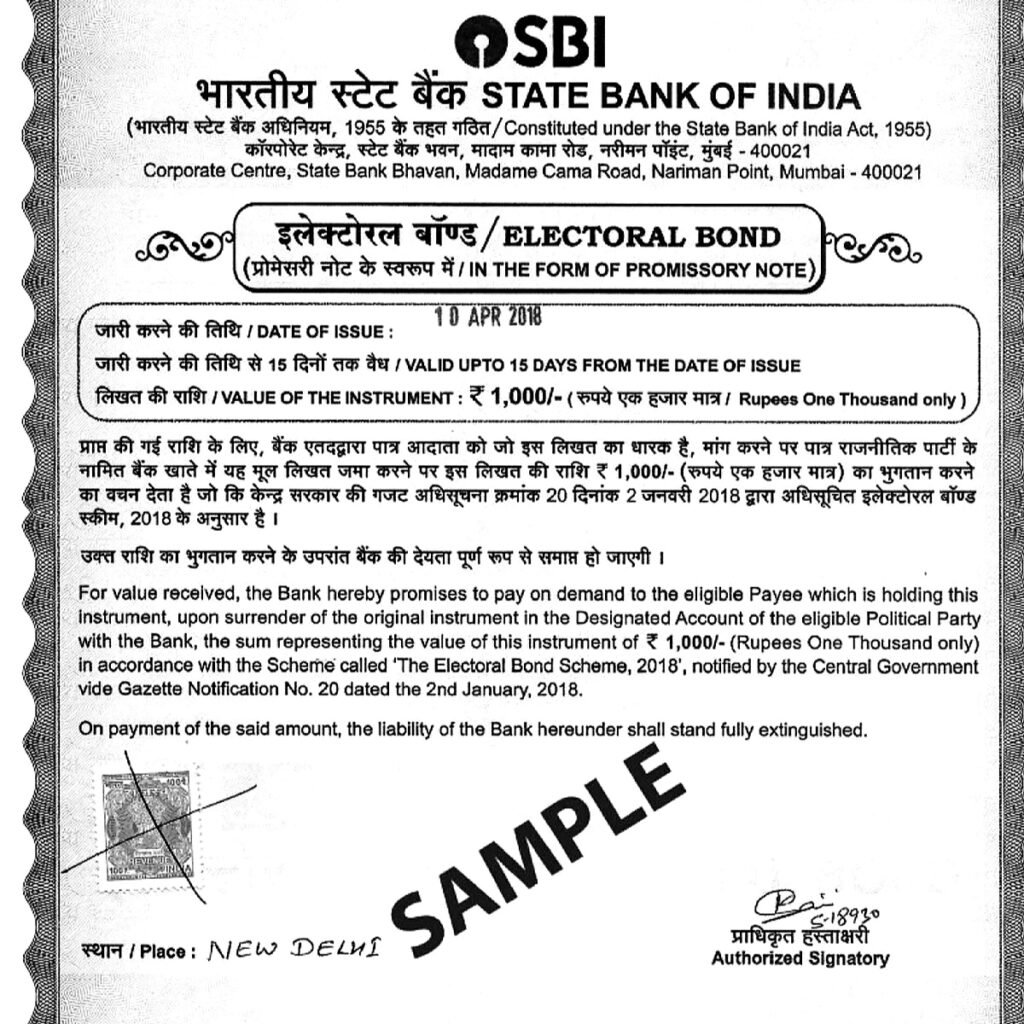
Scheme of Electoral Bond
According to the electoral bonds scheme Election bonds are quite easy to use. The bonds, which have a range of Rs 1,000 to Rs 1 crore, will be issued in multiples of Rs 1,000, Rs 10,000, Rs 100,000, and Rs 1 crore. These will be offered at a few SBI branches. The bonds can be bought by a donor who has a KYC-compliant account, and they can subsequently be donated to the recipient or party of their choice. The bonds can now be encashed by the recipient using the party’s verified account. The fifteen-day validity period is allotted to the electoral bond.
The cities of New Delhi, Gandhinagar, Chandigarh, Bengaluru, Bhopal, Mumbai, Jaipur, Lucknow, Chennai, Kolkata, and Guwahati are home to the 29 designated SBI branches.
When are the bonds available for purchase?
Every quarter, at the beginning, there are 10 days during which the electoral bonds can be purchased. The official government window for buying electoral bonds is the first ten days of January, April, July, and October. The government will provide a further 30 days during the year of the Lok Sabha elections.
Explore The Bonds IndiaBonds.
Also Read :


